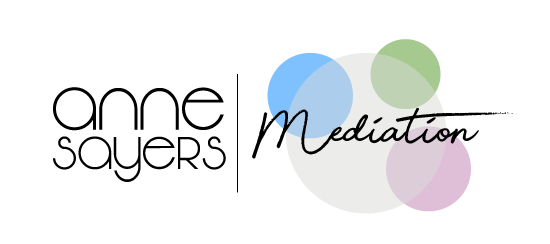In mediation, a mediator will facilitate a conversation between two or more people to help them resolve a dispute. Mediators are neutral, and will not make decisions for you. They are trained to establish and maintain a safe, confidential, communicative process, and to help participants reach an agreement on their own. The process is informal and private, making mediation much less stressful than court proceedings. And without any costly or lengthy court time, mediation saves you time and money.
- Mediation is Effective
- Mediation is Affordable
- Mediation is Timely
- Mediation is Accessible
Being prepared for family mediation will help make the process be effective and cost-efficient. As a mediator, I can help you identify what you need to be as prepared as possible.
